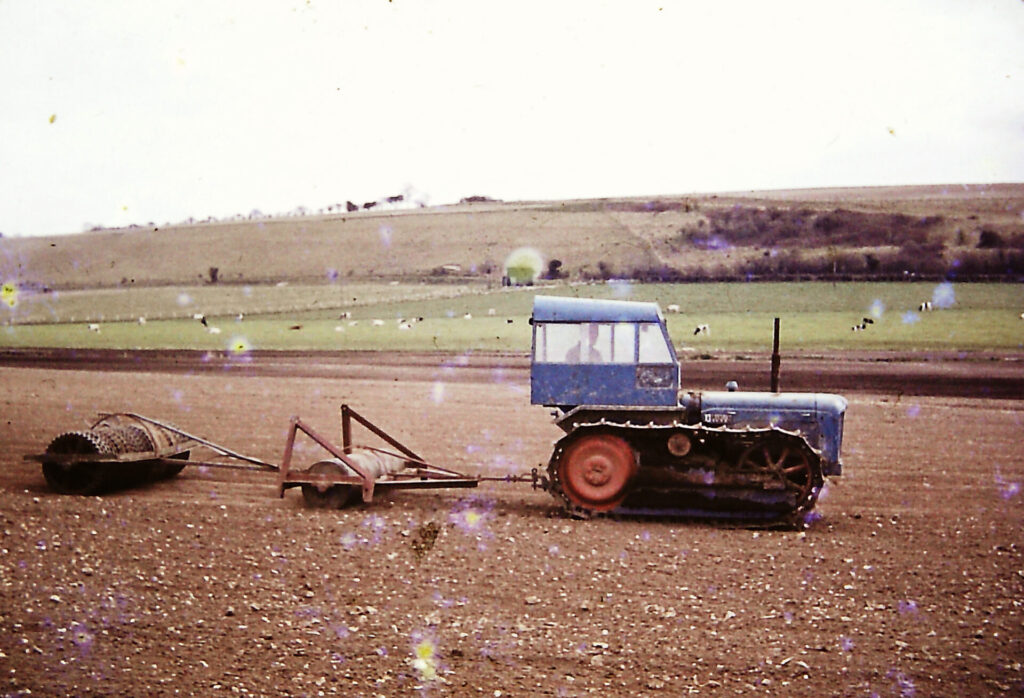Farmer James Cossins has used the slow, wet start to spring to assess new sustainable farming methods and asks if food production is really encouraged

As we move into April the weather has again been challenging for farmers and growers. In February we received virtually no rain and in March there has hardly been a day without it! Here at Rawston, this means that very limited field-work has taken place so far this year. In February we did manage, in dry but rather cold conditions, to sow most of our spring crops such as beans and barley.
As I write at the end of March, they are just beginning to emerge, which is encouraging. We should now be rolling silage fields and any winter crops that escaped the roller – but the conditions are just too wet.
We have also been unable to turn out our milking cows as the grass seems to be only growing slowly and conditions underfoot have simply been too wet. Feed stocks are consequently getting short and, because of the late spring, we are having to purchase maize silage from a nearby farm to see us out for the last of the winter.
The price of the foods that we produce largely seem to be in decline. Our milk price has dropped by 7p in the last few months and further reductions are on the way. The price of wheat and barley has dropped from the highs achieved last autumn by around £70 per ton. Oilseeds appear to have dropped even further. There is so much uncertainty in the markets – so much so that the effects of the Ukrainian War can make prices move dramatically on a daily basis. Fortunately, fertiliser prices have come down to slightly more sensible levels, but are still well above the levels they were before the war started.
The move to sustainability
I have attended a number of meetings, listening intently to discover what help DEFRA is offering to farmers and growers. It seems to be a complex mix based around how to farm in a sustainable way. However, food production hardly seems to get a mention. This has made me consider one of the options of planting a legume ley for two years, taking no production from it to improve the soil structure and saving any labour and machinery costs.
Unfortunately, this type of farming won’t feed anyone! Arla, our milk buyer, is also encouraging its suppliers down the sustainability route, with financial incentives dependent on milk production methods. It seems to be a logical approach: producing milk efficiently is one of the key goals. For example, not overfeeding protein in the diet and then wasting it through the manure produced.
We will also be disadvantaged financially if we purchase soya from sources where there has been deforestation.
The incentive starts in July, so we are still learning how we can become more sustainable.
Come on, Cherries!
In other, non-farming news, we AFC Bournemouth supporters had a season highlight last month with the 1-0 defeat of Liverpool. It was a very entertaining afternoon, with Liverpool missing a penalty and Bournemouth playing with great determination, showing their desire to remain in the Premier League despite being near the bottom of the league with our local rivals Southampton. Let’s hope the results go our way for the last couple of months of the season. Come on, you Cherries!
Sponsored by Trethowans – Law as it should be


